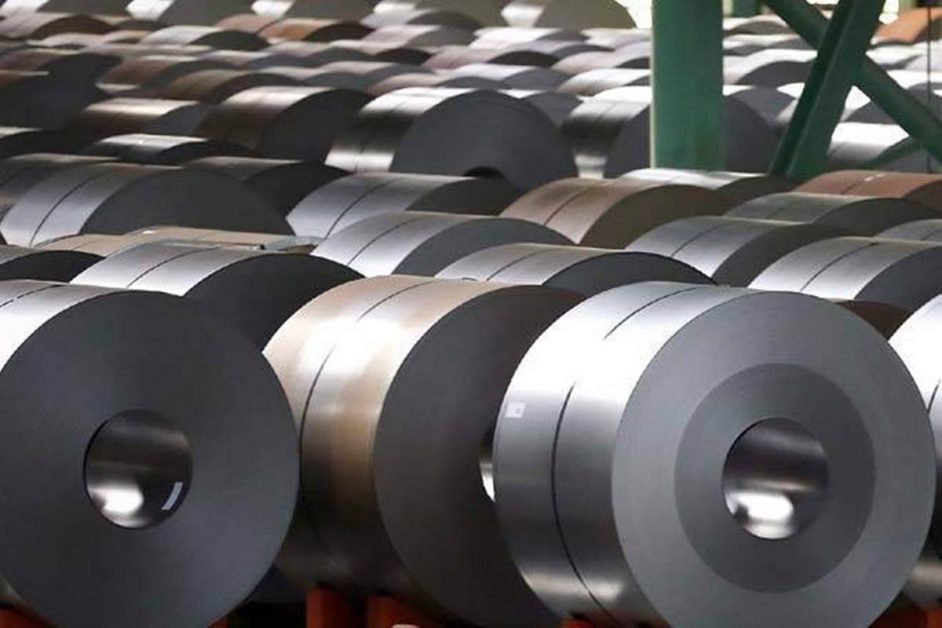Indian steelmakers are likely to reap bumper profits if China imposes an export tax on its steel to cool domestic prices, analysts said.
China’s steel exports rose 23% in June to 6.5 million tonnes (mt) from the preceding month (75% from a year ago) despite the removal of export rebates, according to the trade data released by the country.
In May, China announced the abolition of rebates to discourage exports and cool prices, but the move hasn’t led to the desired impact. China’s domestic prices rebounded in July, with spot steel prices rising 7%.
“As a result, we see higher risk from the Chinese government imposing a tax on steel exports to cool export, and domestic steel prices,” broking firm Motilal Oswal said in a recent note to clients.
The export tax could raise regional steel prices due to tightened supply but will be positive for Indian steel companies. “A potential imposition of export duty on steel in China will make exports for Indian steel players lucrative. Strong demand, domestically as well as globally, could support strong steel prices,” said an analyst with a foreign brokerage.
China’s June steel consumption slowed to less than 1% from a year earlier for the first time since March 2020. A slump in consumption in China also pushed mills to export more. Despite higher exports, June crude steel production grew 2.5% from a year earlier, the slowest in the past year.
“Given the Chinese government’s objectives to control steel production and emissions as well as cool domestic steel prices, we believe higher exports raise the risk of the imposition of an export tax,” said Motilal Oswal in its report dated 15 July.
Meanwhile, HRC (hot-rolled coil) price declined for a fifth straight week in India to ₹64,220 per tonne, primarily due to subdued demand. Analysts, however, do not see an import threat as local HRC price is 20–25% lower than the landed price of imports. So domestic steel producers have again started tapping into export markets by lowering prices and increasing the proportion of semi-finished steel, according to analysts.
Led by China and India, global steel production during the five months to 31 May recorded a growth of around 15% from a year earlier.
In the past few quarters, Indian steelmakers have seen margins expand significantly, riding on the high export demand and supply shortage, leading many to attribute the rise in prices in steel along with other base metals to a commodity supercycle.
According to Care Ratings, improving the supply-side situation is expected to ease any further increase in steel prices; however, it is unlikely that global prices may witness any steep correction from their peak levels.
On the domestic front, with the second wave slowing down, demand for steel is expected to bounce back after the monsoon ends, driven by the infrastructure and construction sectors.
Source : Live Mint






